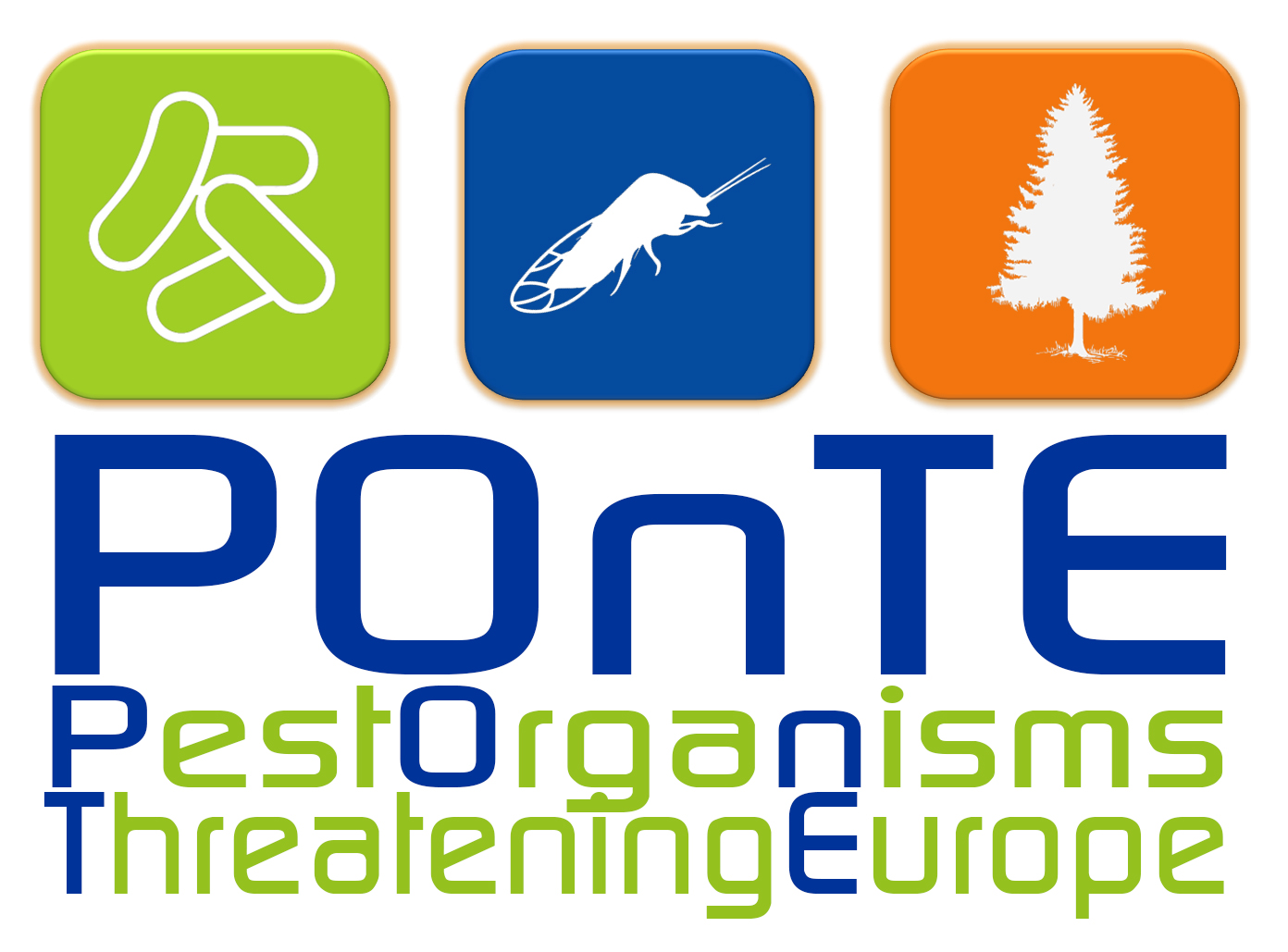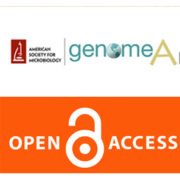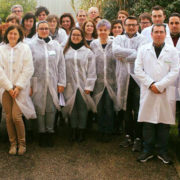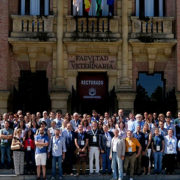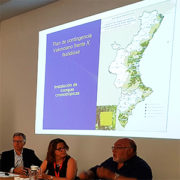The EU research programs in response to the Xylella fastidiosa emergency
Authors: D. Boscia, M. Saponari
Type of contribution: Conference Abstract | Oral Presentation
Conference: 22th Congress of the Italian Society of Plant Pathology, 19-22 September 2016, Roma (Italy)
Keywords: EU, POnTE, Xylella, EUPHRESCO
Corresponding author: D. Boscia (CNR-IPSP)
Abstract
The identification in 2013 of a large outbreak of Xylella fastidiosa (Xf) in olive groves in the Salento peninsula (southern Italy) has resulted in a plant health emergency of unprecedented proportions for the EU. Afterwards, in 2015 numerous Xf outbreaks were identified in Corsica and France. Because of the complexity of the Xf-associated diseases, the management and the control of the infections rely on deep knowledge of the hosts, of the biology and genetics of the isolate(s), and on their interactions with the autochthonous insect vector population(s), the climate conditions and the agriculture practices. As such, the EU Commission mobilized resources within the EU framework programme for research and innovation Horizon 2020. At the end of 2015, the project Pest Organisms Threatening Europe (POnTE) started covering among the other emerging pathogens the topic of Xf, whereas in 2016 (i) a dedicated H2020 action for Xf has been launched whose agreement is under formalization, and (ii) a specific Xf-project has been set within the EUPHRESCO network. These actions involve very large Consortiums with ambitious work-plans covering basic and applied researches on prevention, detection, surveillance and innovative control strategies for Xf and its vector(s). The multi-actor approach ensured by these large Consortiums will facilitate interactions among research groups, share previous experiences, establish new and strengthen current collaborations among European and non-European research organizations, and increase awareness about scientific work previously done. Best practices to manage the EU resources are put in place in order to maximize the efforts while avoiding research duplications.
